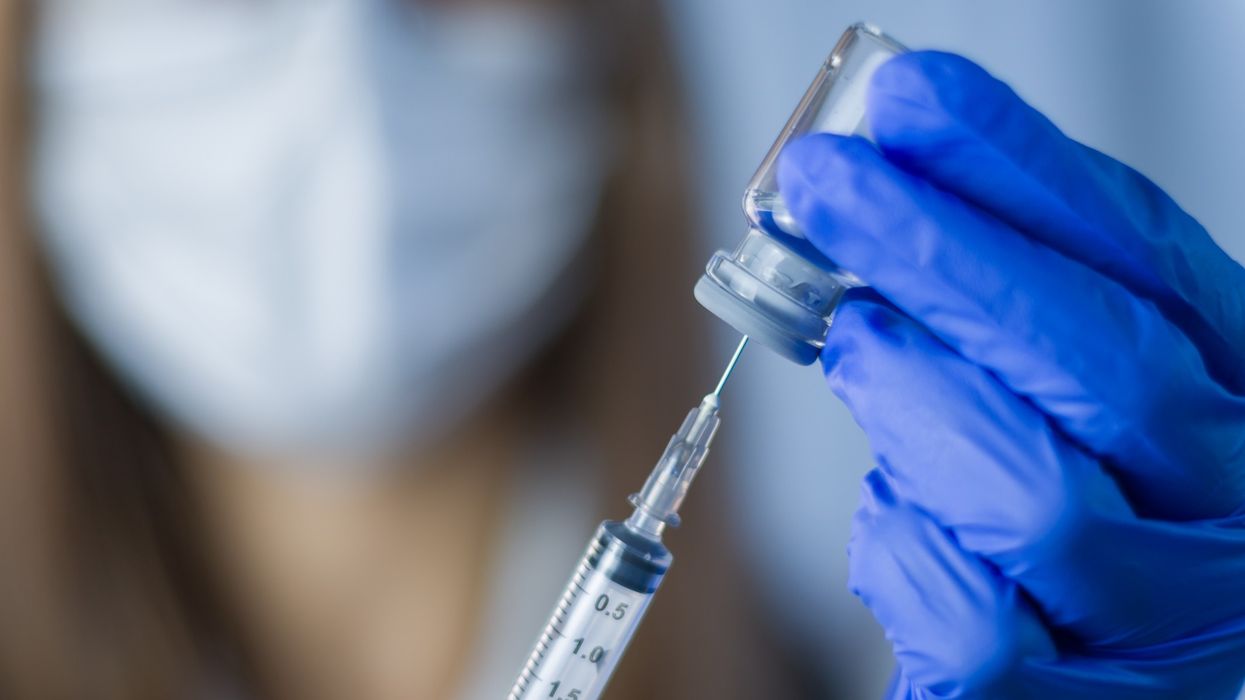Highlights
- NHS encourages unvaccinated people aged 16–25 to get the HPV vaccine
- Over 418,000 school leavers in past three years missed vaccination
- HPV vaccine protects against cervical and other related cancers
- NHS aiming for 90% uptake among girls by 2040
- Letters, emails, texts and NHS App alerts being used for reminders
NHS campaign targets unvaccinated young adults
The NHS is urging hundreds of thousands of young people aged 16 to 25 to come forward for the HPV vaccine, which protects against cervical and other types of cancer.
Many of those targeted missed their vaccine during school years. According to NHS England, over 418,000 children left school without receiving the HPV jab in the past three years.
As part of a national campaign to increase uptake, GP practices are contacting eligible patients using letters, text messages, emails and the NHS App.
Addressing regional disparities and missed vaccinations
The vaccine is routinely offered to boys and girls aged 12 to 13. However, government data from June 2024 highlighted regional inequalities in vaccine uptake. The lowest rates were reported in London, across both male and female Year 10 pupils during the 2023–2024 school year.
The UK Health Security Agency (UKHSA) and NHS England are now focusing on improving awareness and access for young adults who missed vaccination earlier in life.
HPV vaccine effectiveness and long-term plans
The NHS aims to eliminate cervical cancer by 2040 under its 10-Year Health Plan, which includes boosting vaccine uptake to 90% among girls and increasing participation in cervical screening.
The vaccine also helps prevent cancers of the mouth, throat, anus, penis and vagina caused by the human papillomavirus (HPV).
Introduced in 2021, the latest version of the HPV vaccine is more effective than the previous type. Long-term projections suggest it could reduce cases of women's cancer by 16% and HPV-related deaths by 9%.
Research in England shows that the vaccine prevents 90% of cervical cancer cases.
Catch-up vaccinations available for adults
Catch-up doses are available to:
- Anyone up to age 25 who missed their school vaccination
- Adults up to age 45 with immune-compromised conditions
- Men who have sex with men
Dr Amanda Doyle, National Director for Primary Care and Community Services at NHS England, said:
“Too many lives are lost to cervical cancer. The hard work of NHS staff in vaccinating and screening as many people as possible will help us meet our ambition of wiping out this disease.”
Dr Sharif Ismail, Director of Public Health Analysis at UKHSA, added:
“Uptake of the HPV vaccination has dropped significantly since the pandemic, leaving thousands at greater risk. We urge all parents to return consent forms promptly, and young adults should speak to their GP about catch-up options. It’s never too late to get protected.”





